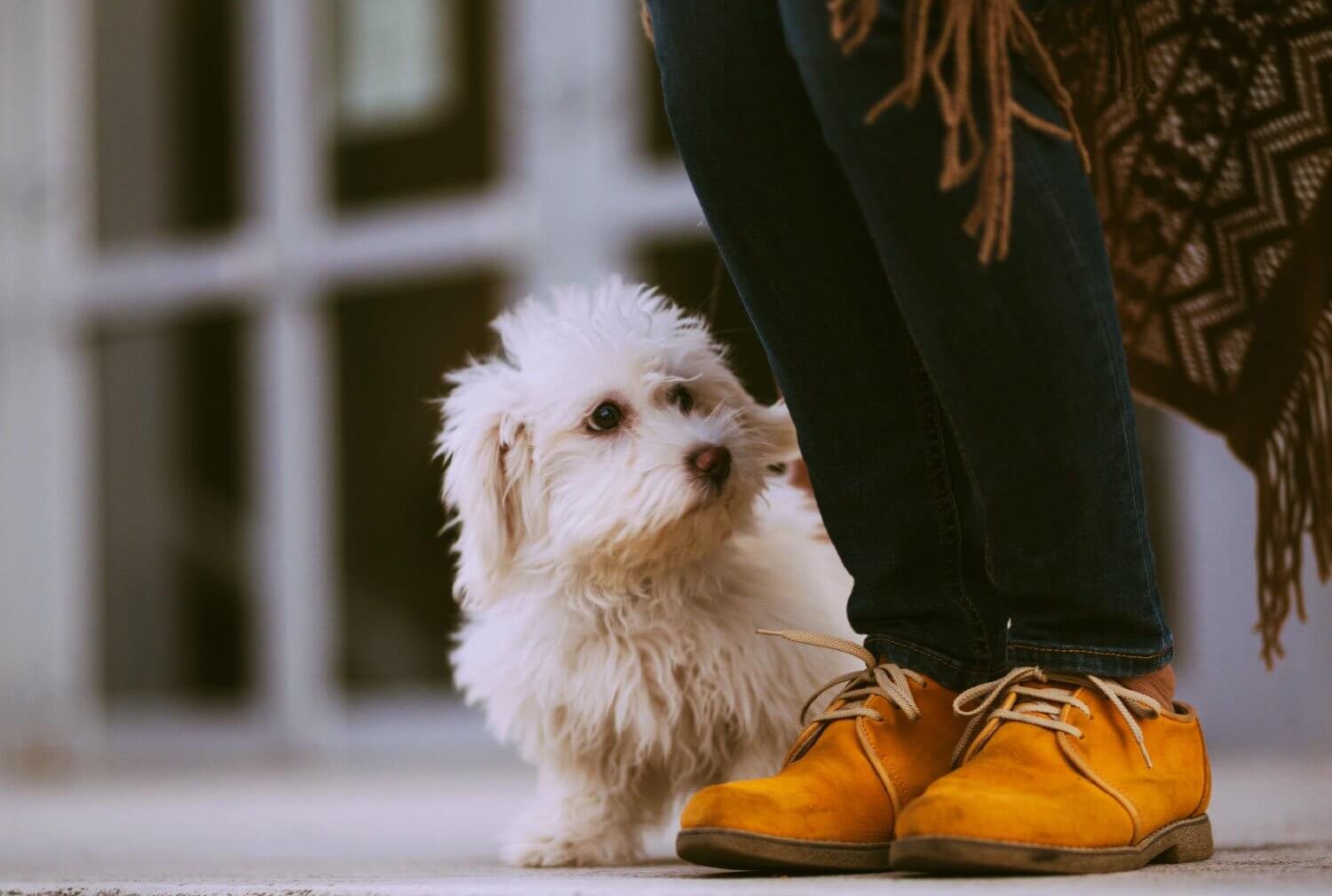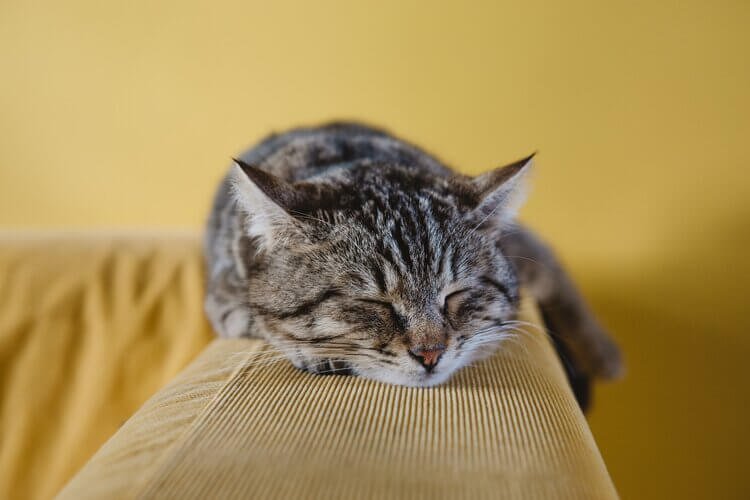THINGS WE DO

CT SCAN
At Evervet, we are at the forefront of GP veterinary services with our advanced CT scanning services. Committed to providing comprehensive and unparalleled veterinary care, our cutting-edge CT scans offer a deeper insight into your pet's health. This sophisticated imaging technology is a cornerstone of our diagnostic services, enabling our experienced veterinary team to explore and evaluate internal structures with exceptional detail and precision.

How does a CT Scan work?
A CT scan, also known as Computed Tomography, is a diagnostic imaging technique used to create detailed cross-sectional images of various structures inside the body. It involves taking a series of X-ray images from different angles and using computer processing to create a three-dimensional image of the area being examined.
CT (computerised tomography) scans work by producing multiple individual 2D ‘slices’ or images of the area of interest via x-rays and a computer and then reconfiguring them into a complete image we can view. The images that a CT scan produces are extremely high-resolution and typically will show us more detail than traditional X-rays- we use this for many areas including the lungs, abdominal organs, lymph nodes, nasal cavities and the inner ear. You may also have heard of using a contrast agent, which is a dye given intravenously during the CT that allows us to see increased areas of blood flow- this can highlight certain abnormalities or cancers that we’re looking for.
Once our vets have taken the images, we send them for interpretation by a radiologist before working out a treatment plan.

What are CT Scans used for?
In veterinary medicine, CT scanning is a valuable tool for diagnosing and evaluating various conditions and diseases in pets. It provides detailed images of bones, soft tissues, organs, and blood vessels, enabling veterinarians to visualize internal structures in great detail.
We use CT scans for a wide range of purposes in pets, including:
Diagnosing Injuries and Diseases: CT scans are instrumental in diagnosing fractures, bone abnormalities, tumors, and other conditions that may not be visible on standard X-rays.
Surgical Planning: CT imaging helps in planning complex surgeries by providing precise details of the anatomical structures, ensuring better surgical outcomes.
Assessing Internal Organs: CT scans allow veterinarians to evaluate the condition of internal organs like the lungs, liver, kidneys, and brain, helping to detect tumors, infections, or other abnormalities.
Guidance for Biopsies: When a biopsy is necessary, CT imaging can help guide the veterinarian to the precise location for a more accurate and less invasive procedure.
Trauma Evaluation: In emergency situations, CT scans can quickly provide a comprehensive assessment of injuries sustained by a pet, aiding in immediate treatment decisions.
CT scanning is a non-invasive and painless procedure, and the images it provides are invaluable in facilitating accurate diagnoses and better treatment planning for our furry companions. Our caring and expert veterinary team at Evervet utilises state-of-the-art CT technology to ensure the best care for your beloved pets.
Does my pet need an anaesthetic for imaging?
This can vary depending on what sort of imaging we’re doing. For most X-rays and abdominal ultrasounds, we recommend and try to use a light sedation – your pet will still be conscious, but just very relaxed and comfortable! There are a few reasons for this- firstly, we take our fear-free practices really seriously and never want to pin or hold your pet down in an uncomfortable position for something it doesn’t understand. If they’re fully awake and moving around, it also makes it really difficult to take good-quality, diagnostic images - which means it’s easier to miss things. And last but not least, our staff carry out dozens of these procedures every week – the last thing we want to be doing is exposing them to a lot of unnecessary radiation!
For a CT scan, your pet will be fully anaesthetised- if you’ve had one of these before you’ll know how still you need to remain for it, which is tricky, to say the least even with the most relaxed of our furry patients!
If there’s any reason you’re worried about your pet undergoing sedation or anaesthesia, please have a chat with your vet at your next visit. There are lots of steps we take to ensure it’s done with the highest safety standards, and we always tailor our medication protocols to each individual patient depending on any underlying health conditions they may have.
MORE OF
WHAT WE DO

Be forever






